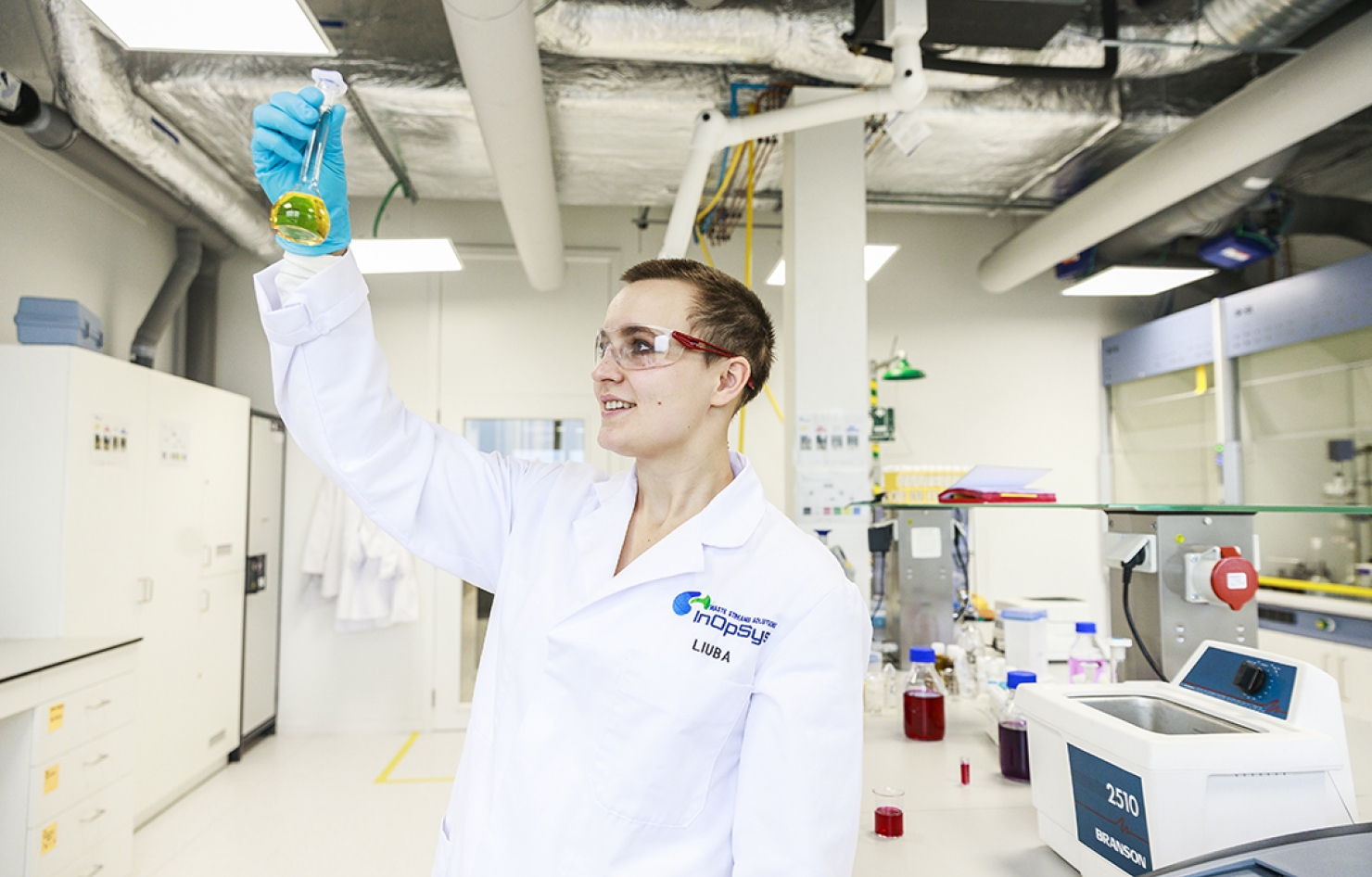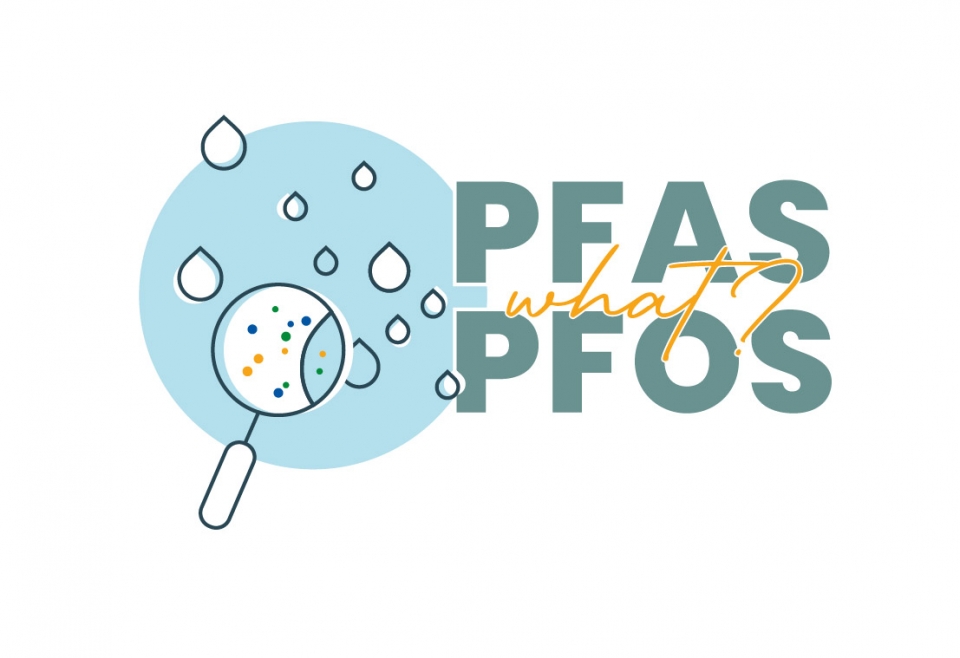
You couldn’t miss the omnipresence of PFAS in Belgian media the last few weeks! Despite wide coverage, the problem of these persistent chemicals leaves some open questions. What are PFOS and PFAS? How dangerous are they? And how did they end up in our environment? While the results of the governmental investigation are pending, we can share a few things about PFAS from our work experience.

PFAS story at Inopsys began at… a movie night. Our research manager suggested watching a movie related to wastewater treatment. So the whole Inopsys team watched “Dark Waters”, a film which brought the problem of persistent fluorinated chemicals into the light. After the film, we stood with all the colleagues discussing disturbing and dangerous implications of PFAS contamination. PFAS do not break down in nature, accumulating along the food chain and finally stacking up in our bodies. Hence the “forever chemicals” epithet. Looking at it from the practical side, many more questions arise. Can we use Teflon pans? What if you eat eggs from chickens that feed on PFAS-contaminated areas? How do we ensure the quality of our water? Luckily, when you lead these conversations with a group of engineers, words lead to action.
We started our PFAS experimental campaign with a fundamental research project on materials that could remove “forever chemicals” from the water. Focusing on old and new PFAS, we tested an array of potential caging materials and then looked more in-depth at the most promising candidates.
In our lab tests, we can remove these possibly carcinogenic compounds. Of course, lab and real life are not the same. In the surface or process water, multiple substances are present that might interfere with the PFAS uptake. Nevertheless, our treatment remains effective in removing PFAS from polluted natural water. Compared to incinerating the whole PFAS-containing stream, Inopsys’ alternative is more sustainable, in both financial and ecological terms.
Our new research project looks at other PFAS, such as smaller and more polar fluorinated compounds. The main goal is to work out the operational parameters of future water treatment installations. We are currently researching waste- and groundwater samples from contaminated sites, with stakeholders from the government and industry. The recent results look encouraging, and we are committed to providing a green and efficient solution to the PFAS challenge. Because at Inopsys, we are ready to say farewell to forever chemicals.
#PFAS #water #environment #innovation
For the complete file on PFOS since the discovery in Zwijndrecht (inc. explanation by Toxicologist Jan Tytgat)
For more information about micro pollution in general, and how Inopsys can remove micropollutants
To read the precautions from the government